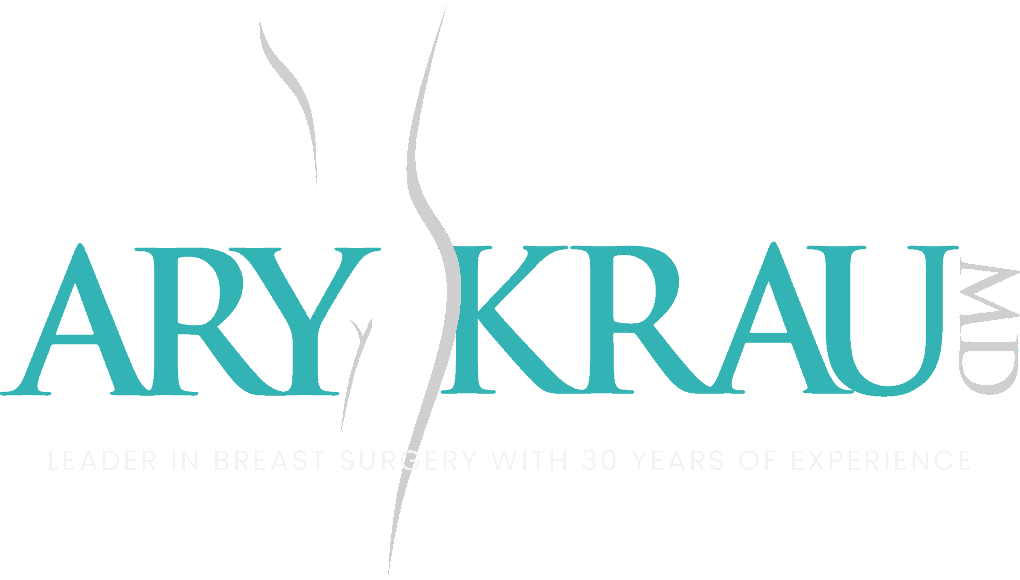
Here, Dr. Ary Krau explains why getting plenty of shut-eye can help you enjoy your new look and return to work and other regular activities faster.
What Sleep Does for Your Body After Surgery
Getting quality, restful sleep promotes your body’s ability to heal and bounce back after your operation. Some of the specific benefits of sleep include the following:
• Reduces inflammation
• Boosts your immune system to fight off potential infection
• Helps to minimize pain
• Improves circulation
• Soothes frazzled nerves
Your body needs lots of sleep after surgery; however, you might find that your quality of sleep suffers while you are recuperating. Your incisions and bandages may prevent you from sleeping in your regular sleeping positions, or you might feel stressed or anxious around bedtime.
Dr. Krau has some helpful tips to improve your sleep quality after surgery.
First, if you had facial plastic surgery and Dr. Krau has requested you sleep with your head elevated, prop your head up on a few pillows that provide firm support, or a wedge-shaped pillow. Alternatively, you might find it more comfortable to sleep in a reclining chair rather than in bed.
If you had breast or body surgery, sleeping on your back at a slight incline eliminates the need to strain to sit up and get out of bed. Placing pillows around the sides of your body ensures that you do not roll over onto your stomach while you sleep. And, many people find that placing pillows under the knees creates a natural curvature that is comfortable during sleep.
Are you experiencing trouble falling or staying asleep during your surgical recovery? Make sure you are not consuming caffeine too late in the day, and avoid alcohol altogether. Refrain from using a computer or smartphone right before bedtime, as the blue light from digital screens can interfere with your sleep. You might also want to try following a guided meditation or doing some breathing exercises around bedtime to signal to your body that it is time to rest.
If you have additional questions about sleeping after plastic surgery, Dr. Krau and our team are here to help. We will do everything we can to ensure you have the information and resources you need to enjoy a smooth, swift recovery.
To contact our practice, please call or email us today.







